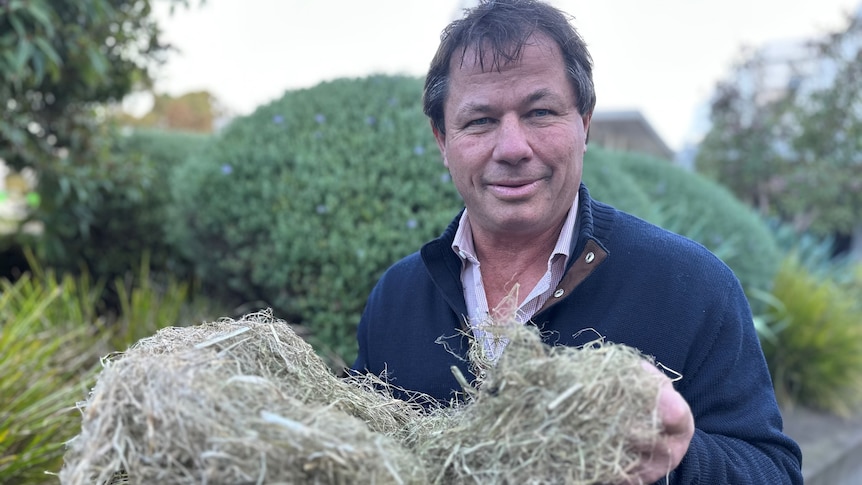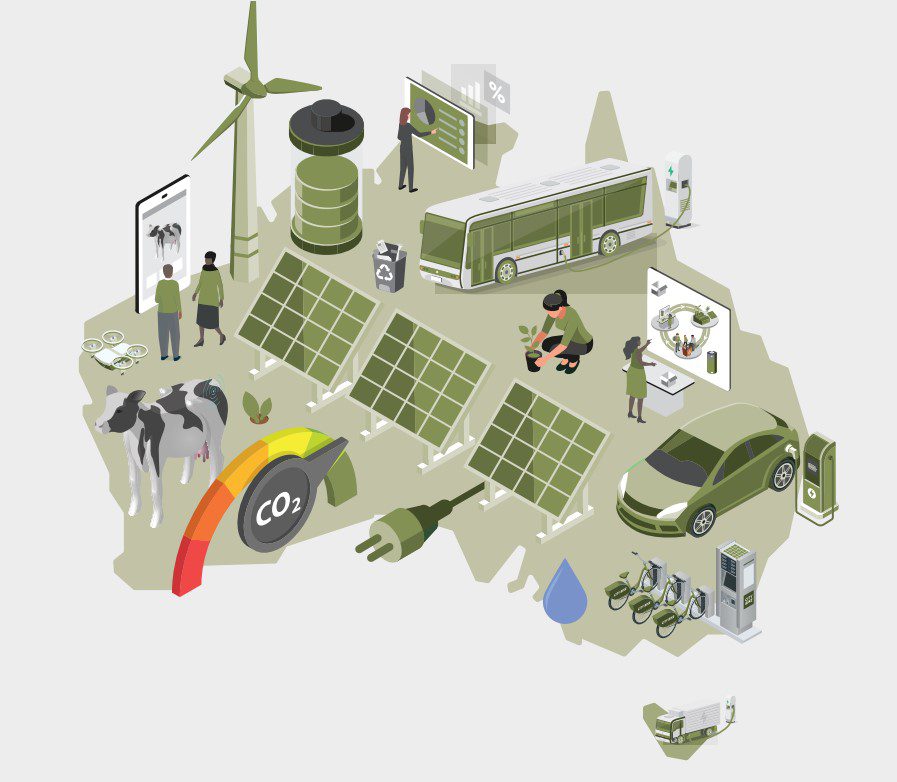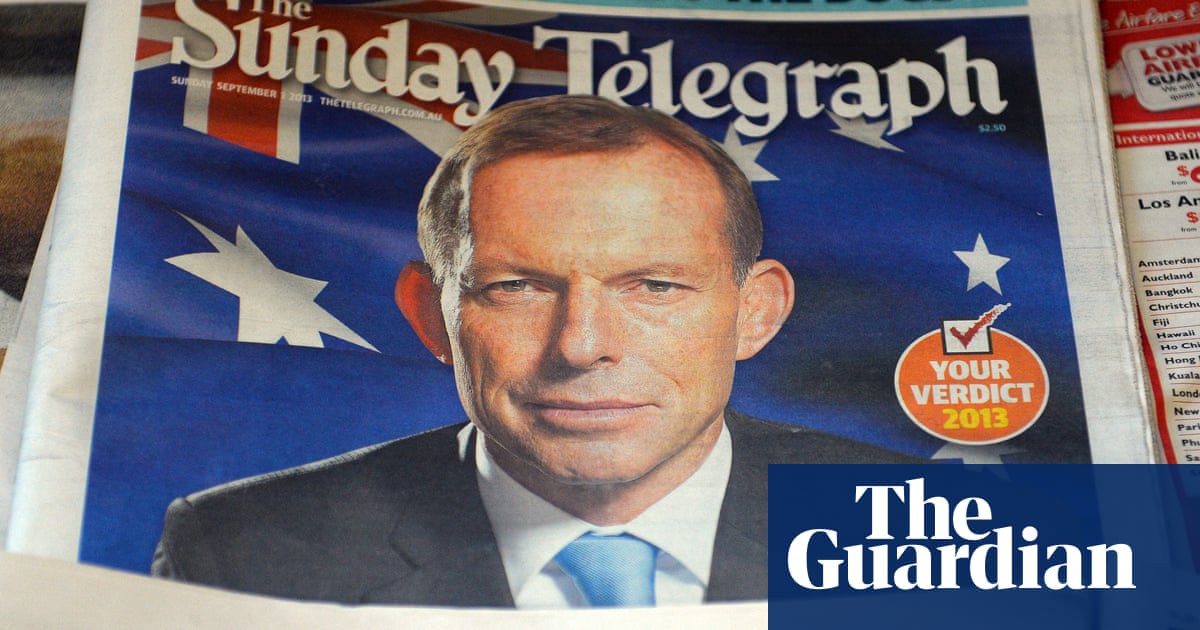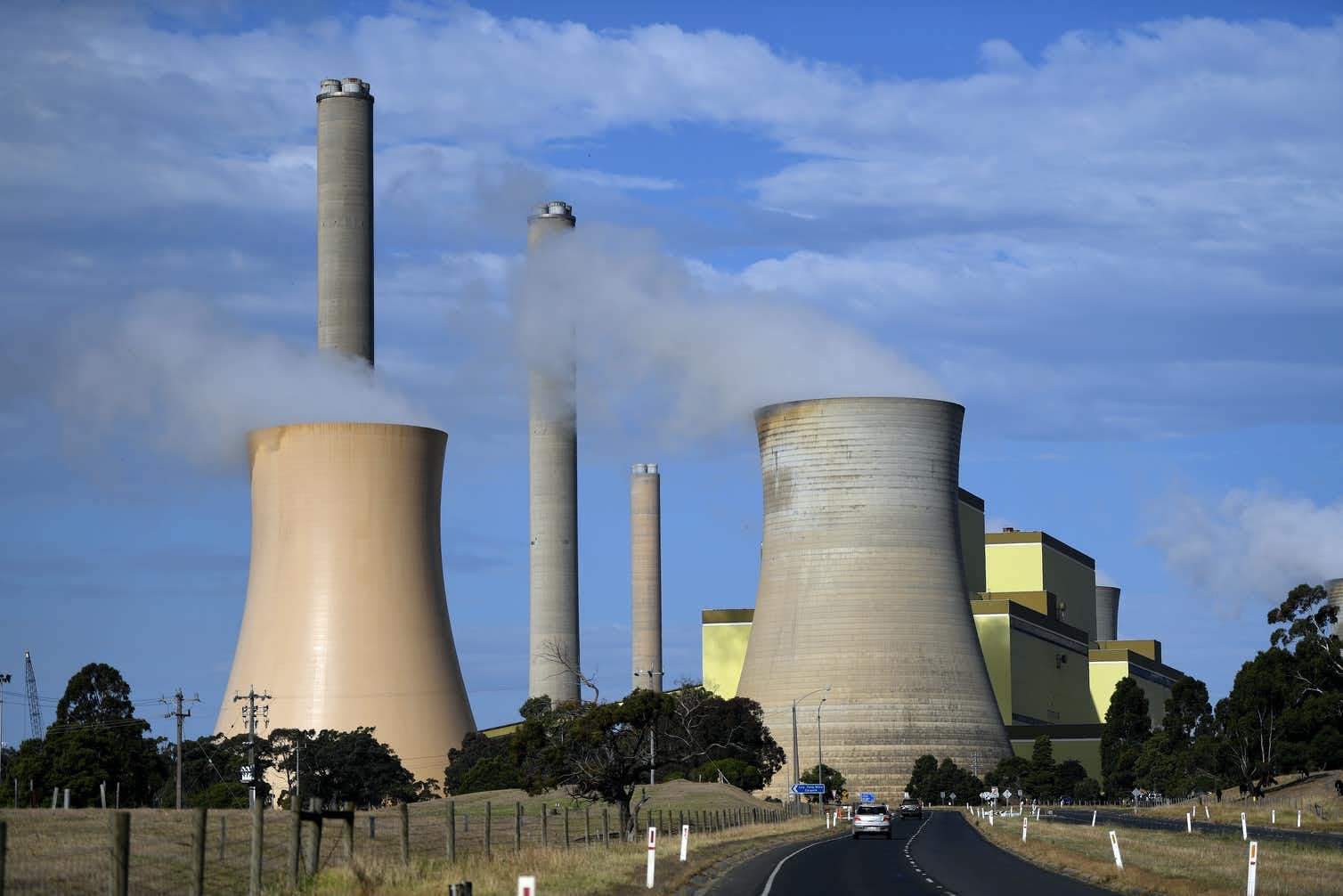- 13 Posts
- 13 Comments
- Wiggles@aussie.zoneto
 ·9 months ago
·9 months agoThis actually seems pretty positive, but I guess also demonstrates how responsible Howard is for helping set in motion Australia's apathy towards environmental destruction, especially when it gets in the way of fossil fuel operations.
- Wiggles@aussie.zoneto
 ·9 months ago
·9 months agoPossibly, but Turnbull did take over as head of https://murdochroyalcommission.org.au/ after K Rudd stepped down to take whatever diplomatic job it was he took.
I think the Murdoch press had a big hand in Turnbull being replaced as PM, because he was actually considering implementing renewable energy policies https://www.theguardian.com/australia-news/2018/sep/19/turnbull-warned-rupert-murdoch-trying-remove-him-prime-minister
That same day the Daily Telegraph had warned of “a toxic brawl” over energy policy. On Sky the night-time commentators Peta Credlin and Andrew Bolt ramped up their negative assessments of the national energy guarantee and of Turnbull himself.
So he is probably butthurt for other reasons too
- Wiggles@aussie.zoneto
 ·10 months ago
·10 months agoIt would be interesting to know if returns were taken into account as well. I know these days certain brands will not only delivery the clothes you purchased to you, they will come and collect the clothes you decide you don't like. These clothes are sometimes repurposed but often just thrown out as well. The below article discussed this. I can remember seeing an article more specific to Aus a while back but this is the best I can find for now.
https://www.theguardian.com/global-development/2023/mar/31/what-happens-when-we-send-back-unwanted-clothes
Edit: spelling and grammar
As other people have said, this seems sus. I work for a PV, inverter and battery manufacturer and that flier has left a lot of things unclear. Like what brand the modules are from? what is the kW rating of the PV array? what is the throughput of the inverter (both ac and dc)? how many batteries? what the kWh storage of each battery?
Even things like: what is the weatherproof (IP) rating on the inverter and battery, this will impact where you install it. What are the warranty periods on the solar modules and battery and inverter.
If you were to even consider going with that you should definitely call and seek clarification on some of the above questions.
If you are generally interested in getting some installed, a good resource to know is Solar Quotes (https://www.solarquotes.com.au/). It is run by an electrical engineer who doesn't seem to be a representative of any of the manufacturers, so it's pretty unbiased. He rates all the different manufacturers for each product too.
- Wiggles@aussie.zoneto
 ·10 months ago
·10 months agoI cant say for certain, but I can definitely speculate. I do know cotton requires a fair amount of water to grow, but I don't think it would use as many petrochemicals in the production. Though it would still use some, even if that is just in the supply chain through things like diesel for trucks and ships. The chemicals they use (like pesticides) may be derived from petrochemicals, but even if they aren't they could be damaging to the environment in many other ways. So I think polyester could have the greatest emissions of the two.
I guess it could depend on the scale of production too. Like if we were to try and replace all polyester clothing with cotton, that could have a massive impact due to the amount of land and water needed to produce such quantities of cotton clothing and such. But at the same time, creating clothes out of plastic isn't going so well either.
Ultimately we will probably still have to have some diversity materials for sustainable clothing production. It will really come down to a balance of land use, water use, what uses the least amount of chemicals, and probably a lot of other considerations.
- Wiggles@aussie.zoneto
 ·10 months ago
·10 months agoI think bamboo is a good up and coming fabric. Bamboo grows like a weed so it's pretty sustainable and I'd say it's pretty durable as well. I've got some bamboo work socks a couple of years ago and they are still going hard. Super soft and comfortable too.
I don't think there are heaps of options available in terms of shirts and shorts, pants, etc yet. I'd say the ones that are out there would be more expensive than polyester or even cotton. But hopefully as the industry grows they get cheaper.
Edit: I think bamboo breathes really well too. Well it at least seems to with those socks I have. So it could be a good fabric for hot weather too.
- Wiggles@aussie.zoneto
 ·11 months ago
·11 months agoOh no, I didn't think it was meant that way. I just took it as hoping for catastrophic weather in the hope it will convince enough people will probably backfire. To which, you are probably correct.
- Wiggles@aussie.zoneto
 ·11 months ago
·11 months agoHonestly, fair enough. I guess part of me sharing that thought was because I recognised it was pretty drenched in schadenfreude, and was interested to see what people thought.
The last thing I really want is more disastrous weather to occur. Bring back the 1 every 100 year disasters I say.
- Wiggles@aussie.zoneto
 ·11 months ago
·11 months agoYeah I'm at the point of life where a lot of my friends are having kids and I am terrified for their future, but hate the idea of having to have these kinds of conversations with them because they deserve to have hope for the future, for their kids future.
But I'm also torn because I think these discussions need to be had if we want people to get active, so we can effect the necessary change in time. And if anyone deserves to truly be angry, its parents.
- Wiggles@aussie.zoneto
 ·11 months ago
·11 months agoAm I being crazy thinking that if Australia was reamed by extreme weather this summer it would be better than not, as all the climate change deniers will use non-extreme weather as a 'see the climate isn't warming' argument. At least if this summer was fucked up, they would then have a more difficult time arguing climate change doesn't exist, which could be good timing as extreme weather is still dependant on local and global climate patterns, so there will be a return to less extremes once La Nina returns.
At the same time, more extreme weather is the last thing I want people to have to experience, especially as those who suffer the most from the extreme weather will probably be those least likely to deny climate change.
In summary, I think I'm being a little crazy sitting here hoping shit burns to the ground to prove a point.
- Wiggles@aussie.zoneto
 ·11 months ago
·11 months agoHaha yeah, that's less than my yearly rent for my room in a sharehouse.
- Wiggles@aussie.zoneto
 ·11 months ago
·11 months agoI guess maybe, a $15k fine might not be high enough if they are willing to keep doing it.
Just another example of a fines being seen as the cost of doing business.














Did a quick google search of his name, turns out his time at News Corp was limited, and it didn't end on good terms
The source of the above quoute: https://www.smh.com.au/business/companies/making-the-wrong-enemies-how-williams-was-cut-down-at-news-20130809-2rnsx.html Which was a Wikipedia citation: https://en.m.wikipedia.org/wiki/Kim_Williams_(media_executive)
If he managed to anger them so much while he was employed by them, hopefully he can anger them even more de-shitifying the ABC.